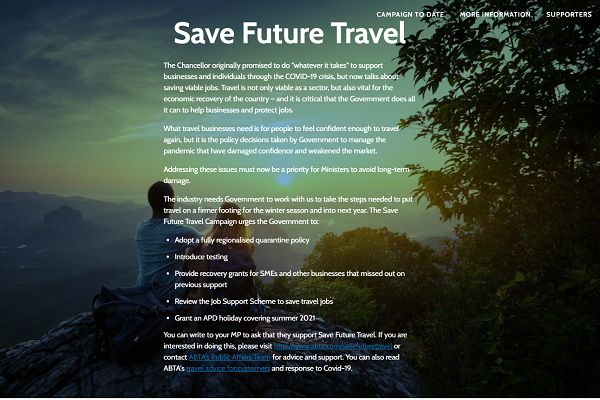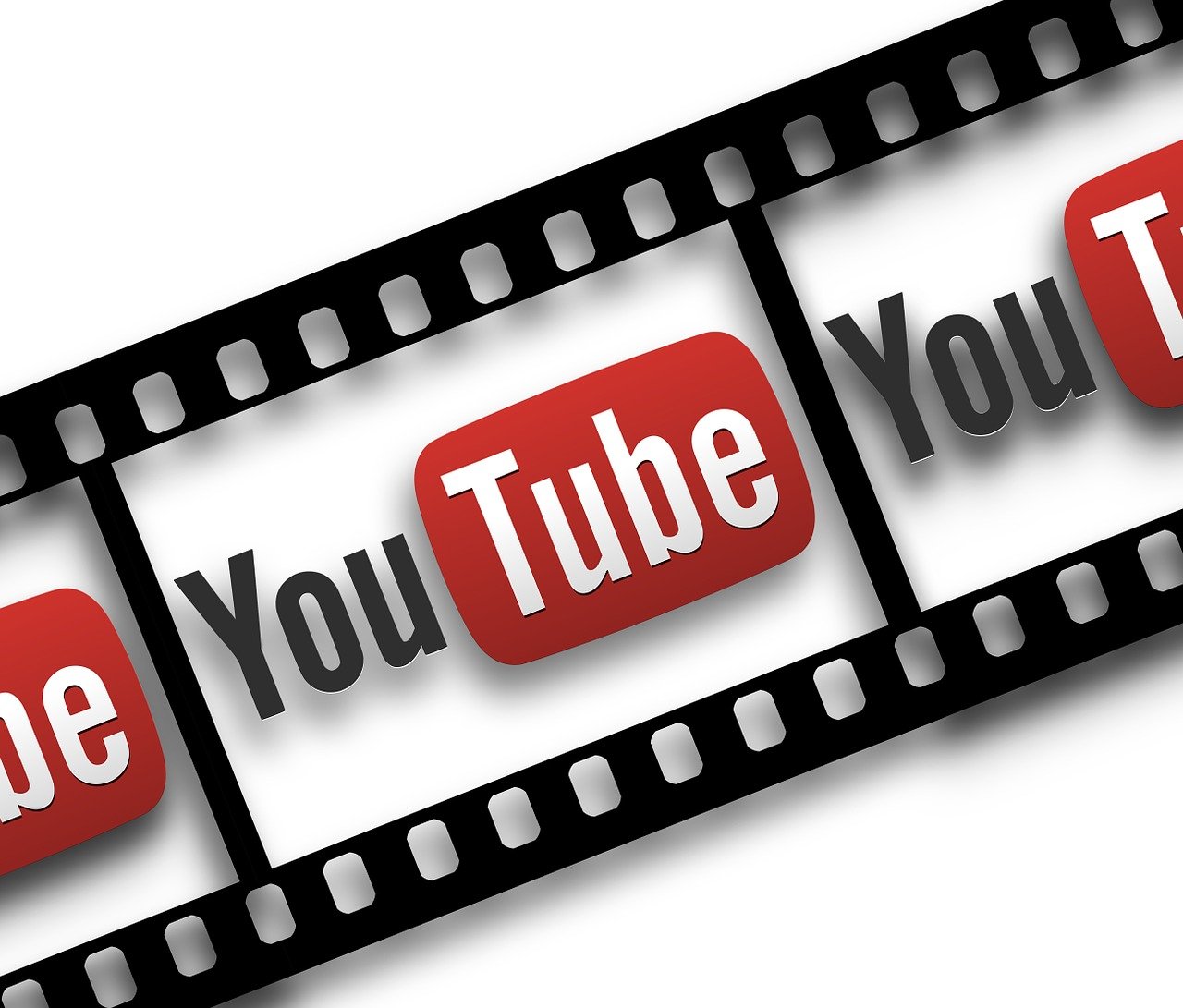One of your red flags came up in a job interview—here's how to respond to it
Sometimes, the appearance of a red flag during a job interview doesn't mean it's time to throw in the towel.

Not unlike dating, it's crucial to know the red flags that could come up in a job interview that signal it's not a good fit.
Maybe you have a low tolerance for a drawn-out interview process (which could be the sign of a toxic workplace). Or, you might notice that the department you're interviewing with tends to have high turnover.
Just as it's important to know your red flags, though, you should also have an idea of how to respond to them if they come up during your conversations. Sometimes, the appearance of one doesn't mean it's time to throw in the towel, says Teresa Freeman, who has 25 years of experience as an HR executive for companies like Amazon, PwC and Deloitte.
Let's say you really value your work-life balance, and keeping a strict 9-to-5 is important to you. However, your interviewer has mentioned a few times that they're a fast-growing startup and need people to be on-call for frequent emergencies.
Don't pause the flow of conversation right there, Freeman says, and instead come back to it at the end of the conversation when you have the floor to ask your own questions.
Then, frame your concern in a positive way.
DON'T MISS: The ultimate guide to acing your interview and landing your dream job
For example, you could say, "My job is very important to me. And when I'm at work, I'm 100% committed. Additionally, being part of my community outside of work is really important to me. I do a lot of volunteer work, and it's really important to me that I have time to volunteer in my community. How does your business operate, and will it support that need?"
While the underlying question is essentially "How do you allow employees to set boundaries between their work and personal time," framing it in a positive way that's specific to your needs and values shows both engagement and enthusiasm that you want the interview to work out, Freeman says.
"It shows me as an interviewer that you are actively listening," she adds, "so you're taking something that we've talked about earlier, you applied it to yourself, and you're seeing how you fit in my organization."
In the best-case scenario, the interviewer will be able to address your concerns without being defensive and in a way that aligns with what you're looking for. At worst, their response doesn't sound like it supports your needs, and you have to decide whether it's a big enough red flag to end the interview process right there.
Ultimately, you can leverage having the floor at the end of a job interview to get clarity on your remaining questions and even leave a stellar first impression.
"The questions that you ask are a reflection of what I consider to be the candidate's critical thinking," Freeman says. "You have all these questions to choose from, and if you ask me, 'How often do you guys go to happy hour?' versus, 'What are your organization's top priorities?' or 'What makes a great day for you?' — Good questions can be the difference between getting hired and not."
Want to land your dream job in 2024? Take CNBC's new online course How to Ace Your Job Interview to learn what hiring managers are really looking for, body language techniques, what to say and not to say, and the best way to talk about pay. Get started today and save 50% with discount code EARLYBIRD.
Want to be smarter and more successful with your money, work & life? Sign up for our newsletter!
Check out: The No. 1 job interview question to ask to spot a red flag, from an HR pro


 UsenB
UsenB 























.jpg&h=630&w=1200&q=100&v=a905e78df5&c=1)







